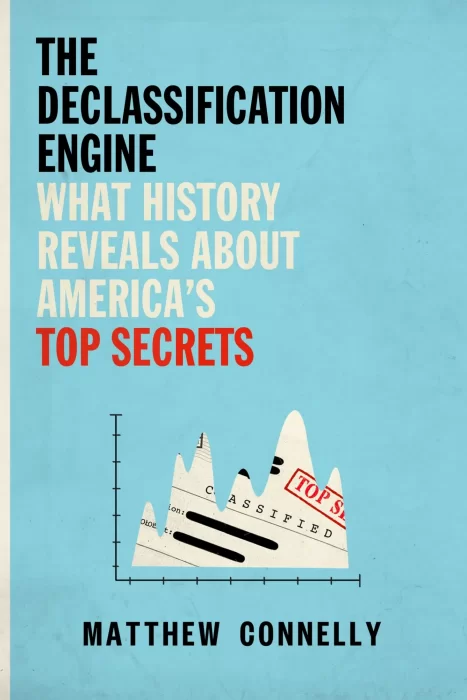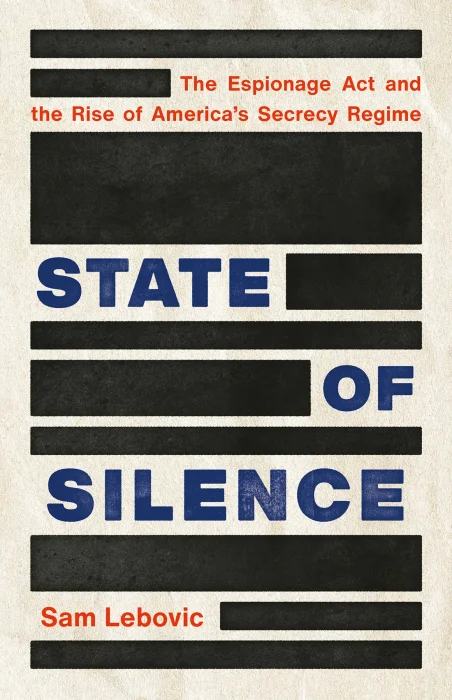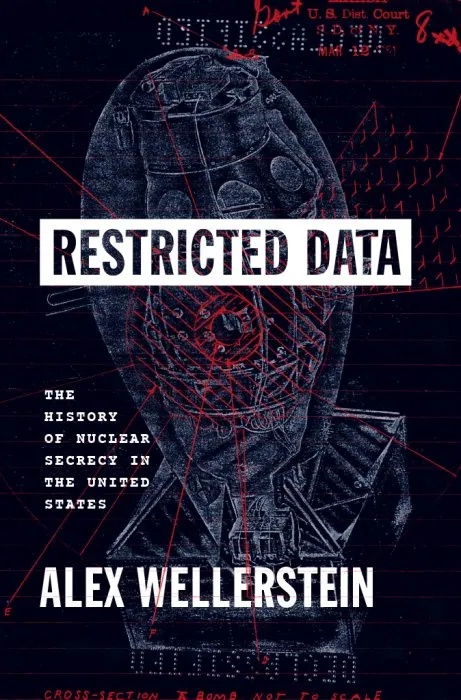The Declassification Engine: What History Reveals About America's Top Secrets

Date: February 14th, 2023
ISBN: 1101871571
Language: English
Number of pages: 560 pages
Format: EPUB
Add favorites
Every day, thousands of new secrets are created by the United States government. What is all this secrecy really for? And whom does it benefit?
“Connelly has defined an existential crisis: the suppression of American history. . . . [He] makes the case that the culture of secrecy diminishes democracy. And it has now become a culture of destruction as well.” —The New York Times Book Review
Before World War II, transparent government was a proud tradition in the United States. In all but the most serious of circumstances, classification, covert operations, and spying were considered deeply un-American. But after the war, the power to decide what could be kept secret proved too tempting to give up. Since then, we have radically departed from that open tradition, allowing intelligence agencies, black sites, and classified laboratories to grow unchecked. Officials insist that only secrecy can keep us safe, but its true costs have gone unacknowledged for too long.
Using the latest techniques in data science, historian Matthew Connelly analyzes a vast trove of state secrets to unearth not only what the government really does not want us to know but also why they don’t want us to know it. Culling this research and carefully examining a series of pivotal moments in recent history, from Pearl Harbor to drone warfare, Connelly sheds light on the drivers of state secrecy—especially incompetence and criminality—and how rampant overclassification makes it impossible to protect truly vital information.
What results is an astonishing study of power: of the greed it enables, of the negligence it protects, and of what we lose as citizens when our leaders cannot be held to account. A crucial examination of the self-defeating nature of secrecy and the dire state of our nation’s archives, The Declassification Engine is a powerful reminder of the importance of preserving the past so that we may secure our future.
“Connelly has defined an existential crisis: the suppression of American history. . . . [He] makes the case that the culture of secrecy diminishes democracy. And it has now become a culture of destruction as well.” —The New York Times Book Review
Before World War II, transparent government was a proud tradition in the United States. In all but the most serious of circumstances, classification, covert operations, and spying were considered deeply un-American. But after the war, the power to decide what could be kept secret proved too tempting to give up. Since then, we have radically departed from that open tradition, allowing intelligence agencies, black sites, and classified laboratories to grow unchecked. Officials insist that only secrecy can keep us safe, but its true costs have gone unacknowledged for too long.
Using the latest techniques in data science, historian Matthew Connelly analyzes a vast trove of state secrets to unearth not only what the government really does not want us to know but also why they don’t want us to know it. Culling this research and carefully examining a series of pivotal moments in recent history, from Pearl Harbor to drone warfare, Connelly sheds light on the drivers of state secrecy—especially incompetence and criminality—and how rampant overclassification makes it impossible to protect truly vital information.
What results is an astonishing study of power: of the greed it enables, of the negligence it protects, and of what we lose as citizens when our leaders cannot be held to account. A crucial examination of the self-defeating nature of secrecy and the dire state of our nation’s archives, The Declassification Engine is a powerful reminder of the importance of preserving the past so that we may secure our future.
Download The Declassification Engine: What History Reveals About America's Top Secrets
Similar books
Information
Users of Guests are not allowed to comment this publication.
Users of Guests are not allowed to comment this publication.




